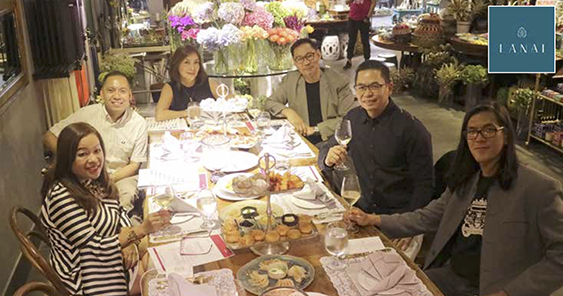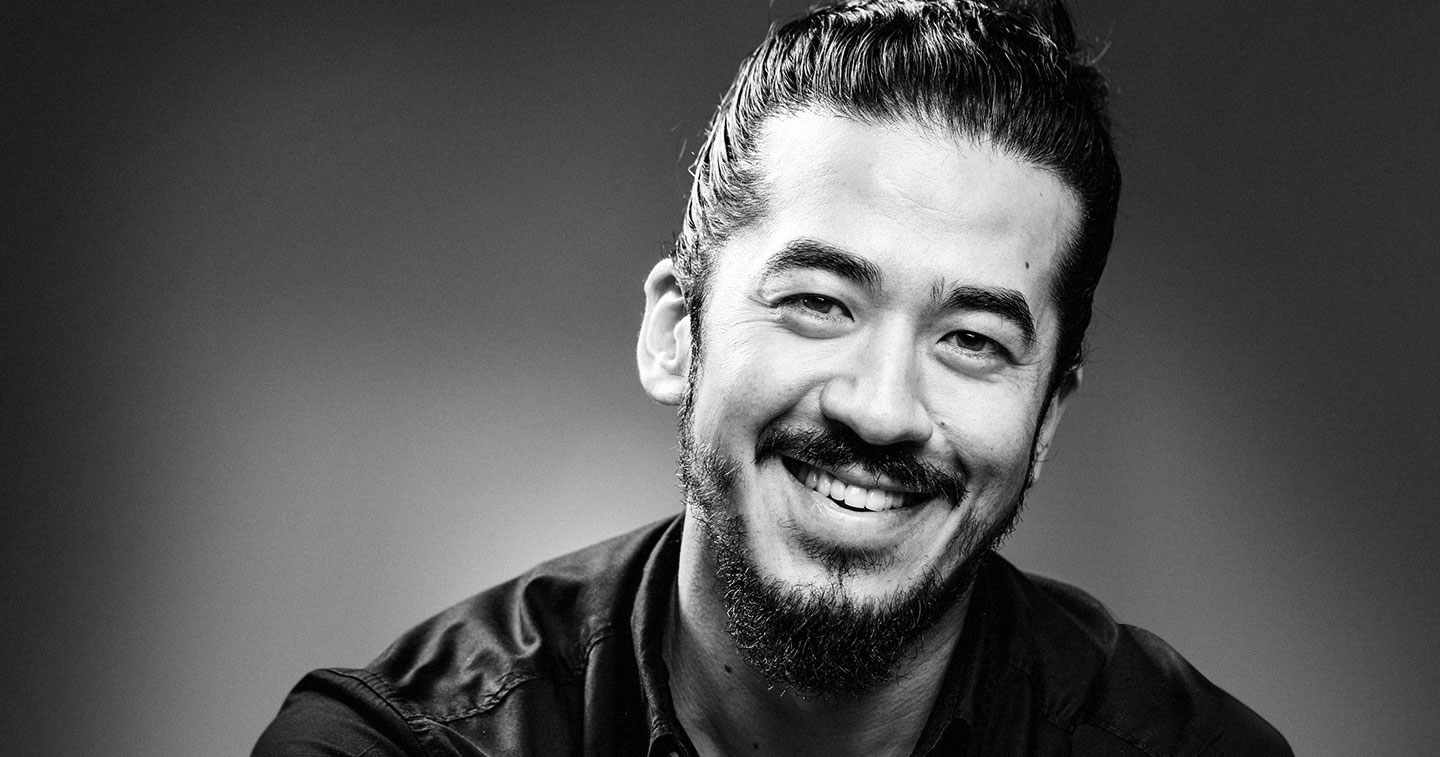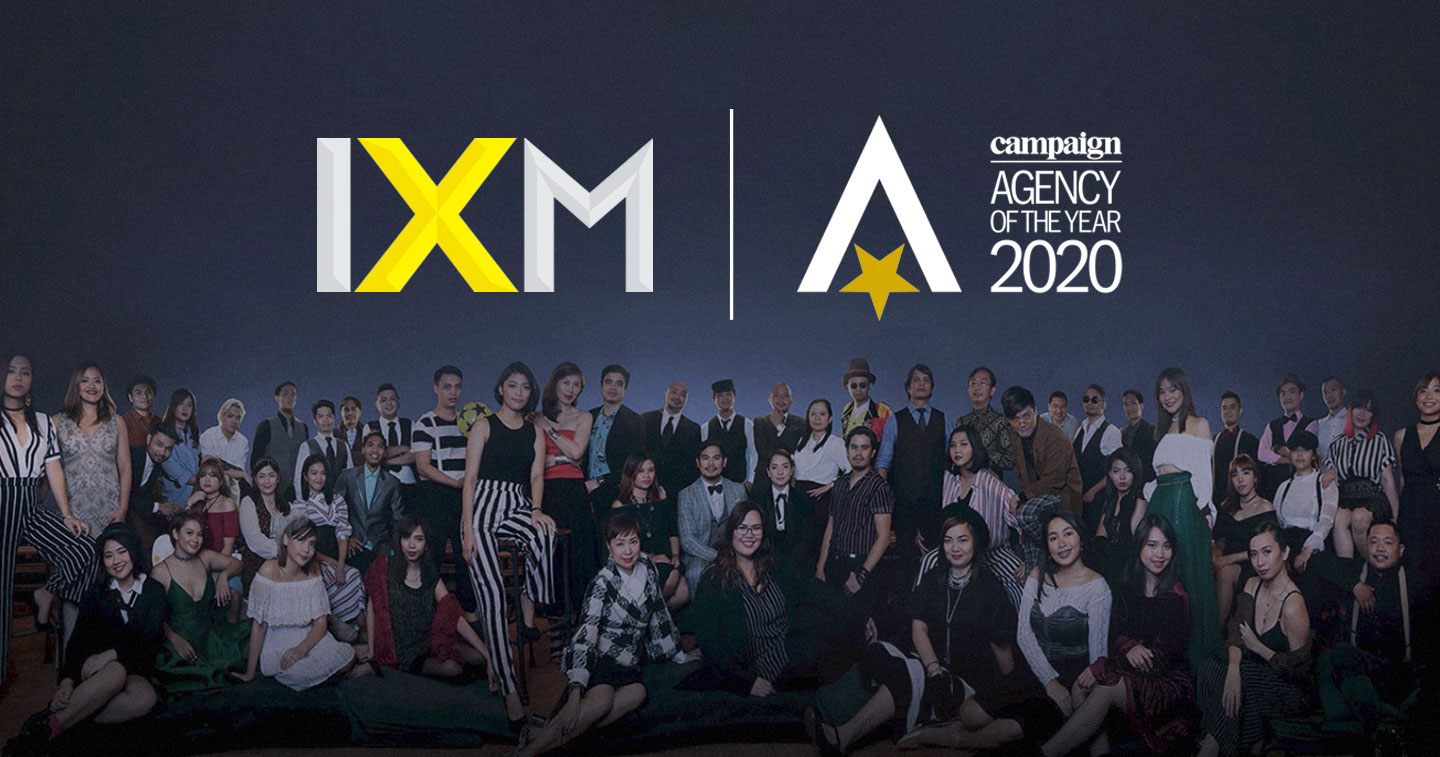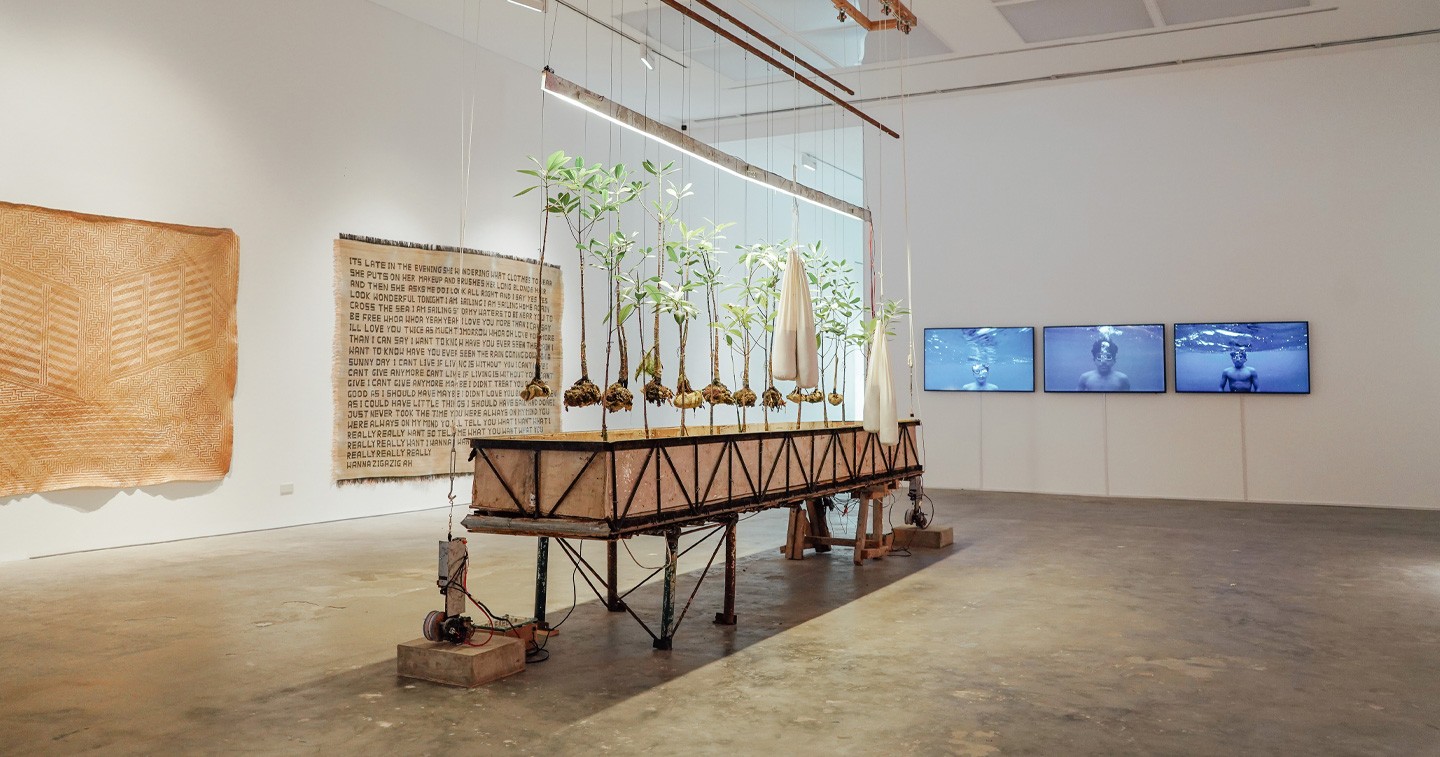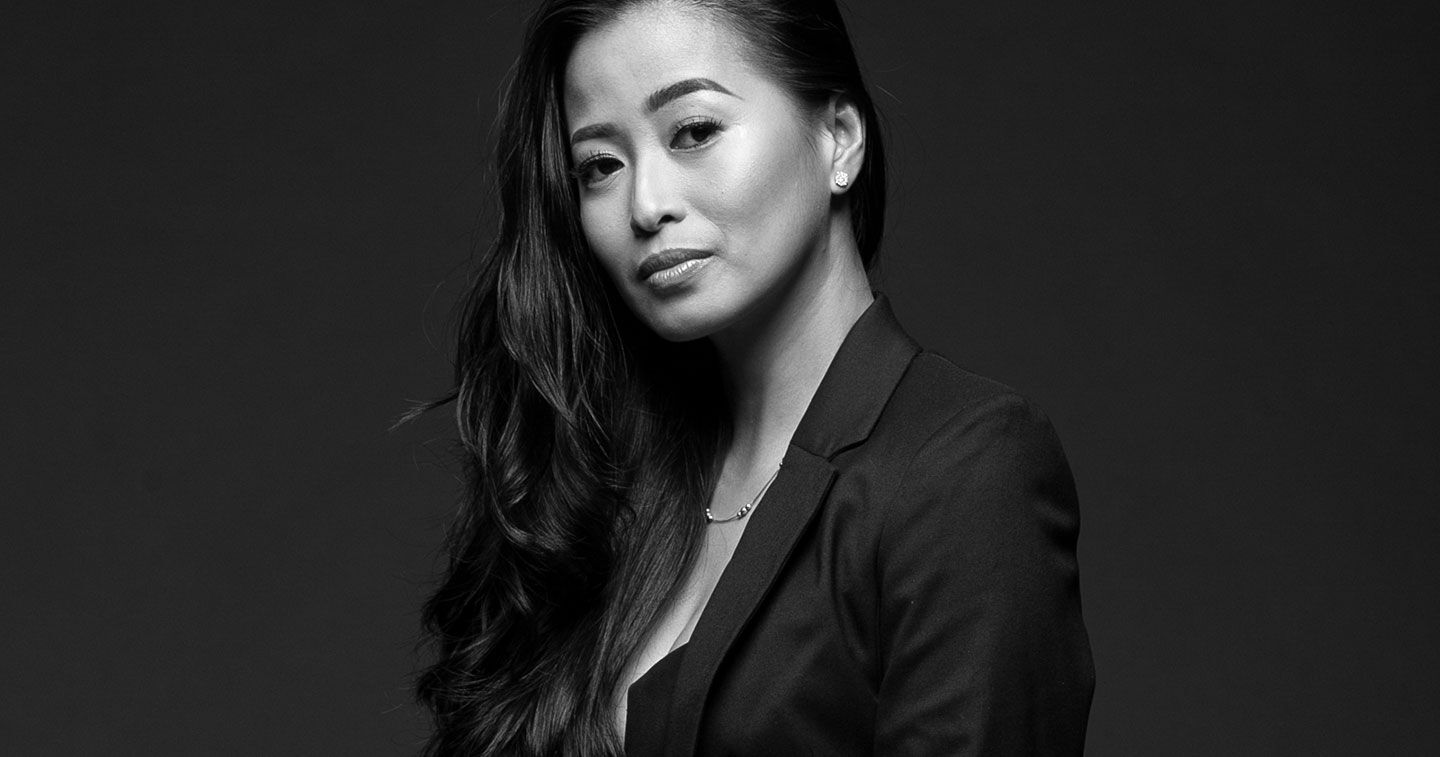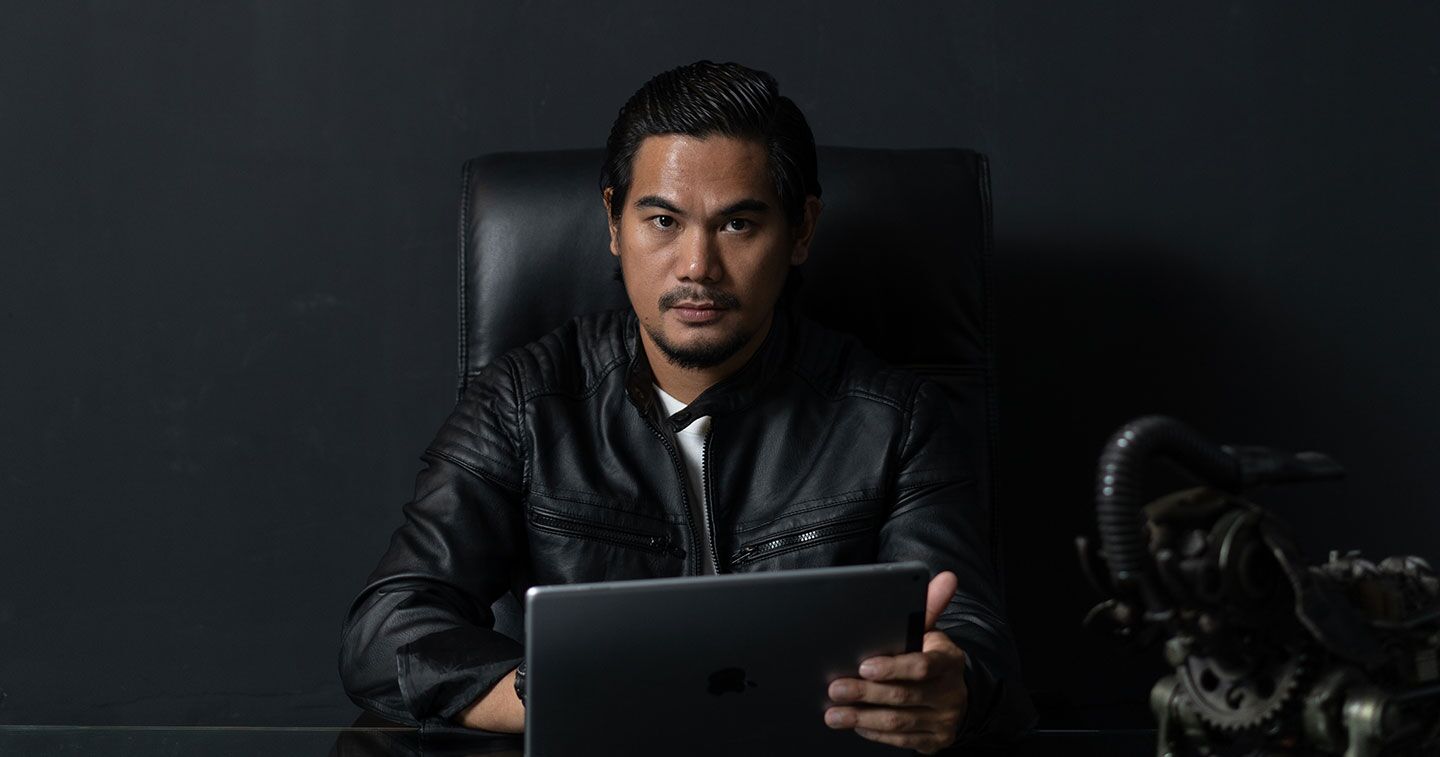Facilitators:
Angel Guerrero, EIC of adobo magazine
Rome Jorge, associate editor of adobo magazine
Attendees:
Merlee Jayme, Chairmom & CEO,Dentsu Jayme Syfu
Jose Carlo Consunji, CEO, Campaigns & Grey, Inc.
Randy Aquino, CEO,Y&R Philippines
Dennis Perez, Head of Media, Unilever Philippines
Venue:
Lanai Manila Cafe at C-4 The Alley at Karrivin Plaza, 2316 Chino Roces Ave, Makati, 1223 Metro Manila.
There are many innovations right now in the office. We have flexi-time, we have work life integration, we have agile offices. and always, the creative industry has been at the forefront of these innovations in changing the work life culture. What innovations have you brought in your own offices. How has it changed the office culture? And why, what prompted it in the first place?
Jose Carlo Consunji: It all started with Grey. Because the culture that they set for us, and therefore, basically, it has to conform to that. We’ve broken down walls. It’s more uid. People can mingle much more freely. And we mix people. Finance is next to client service. Before, PR would be holed in one corner. So now, we’re all together because the work really cuts across. When you do PR, you do digital, and you can integrate. So it changing. That you need more to collaborate with other people whether internally or externally. Because ideas can now come from everyone—the start up culture. That’s the reason why we made the culture agile.
We only give seats for 80% of the workforce to force 20% to always be out. Unilever believe in putting people rst. And by you being out, it means that you’re always connected with consumers. The big investment there is really on infrastructure and IT. Because, when we encourage people to work outside, we need to make sure that all our phones are connected, your email, everything. So we give them unlimited data and things like that. You need to make sure that you equip people to work outside.
At the end of the day, it courages to have a balanced life. For example today, I’m working agile. I was able to do my laundry while sending emails and I realized I finished my work earlier but–was able to insert a lot of chores and even gym time in the middle. I feel more productive eventually. And I think the big change there was when Unilever said that we will look at output more than the time you spend at the o ce or the input. And that totally changed the culture.
Merlee Jayme: When we integrated last year, the Dentsu family is more formal and they’re very professional and they’re quiet, very assured of their Japanese clients being aligned. This is how different it is with the Jayme Syfu Group. The Jayme Syfu group is hungry, insecure, we have to pitch like hell. We are energetic, we are very competitive. So this is how I liken it. The Dentsu family is the real son and we [Jayme Syfu Group] were the illegitimate child. So we have to strive harder to be liked. We have to win, to prove our worth. That’s how the difference were. So can you imagine marrying the two now, into one culture. We went through a coach, you know, like a couple’s therapy. Because you’re marrying two people—two personalities. The Japanese now are adapting it. “We saw this office of ours in the Manila. It’s the modernized Japanese office.” Because we’re 100% digital. It’s mixed; there’s no digital group. We made it with the Japanese technology but at the same time, we had that energy that I didn’t want to lose. The illegitimate child— the hungry, poor sister—never le us.
Randy Aquino: There is discipline, accountability, and responsibility but at the same time there’s fun, and free-thinking experience you need to mesh properly.
We base our revenue on our hourly rates. So we track that in your timesheet and stu like that but at the same time you acknowledge the fact, like Dennis was saying, ‘I don’t have to be in the office to be productive. I can actually be contributing more you know, by being just on o on o on and constantly, you know, linking in and out.’ The office of now and tomorrow may have to continue to change because people tend to be more productive when they can change their environment when they want to. And then even you’re talking about following e ciency rules like be there at 9 am, go home at 6 pm. You force them to go home at 6 pm but they will stay there until forever, for as long as their friends are there. Or you know, maybe they’re just letting tra c pass. It’s the thing that you struggle with as the head of an agency wherein you want accountability, you want a little discipline, but at the same time, you want it fun because it’s an ideas place.
What have you done beyond the work space to make the design of your office and it’s environment creatively stimulating?
Dennis Perez: For Unilever, we’re very proud of our karaoke room. Really top notch equipment with laser lights. So if you’re stressed you want to shout, go to the karaoke room and it’s sound proof. We also have our gym inside, and this generation really drink co ee so we have our own Toby’s Estate inside, which is partly subsidized as well. So that’s where we meet our agencies and you know, just have a casual talk. We also have our salon which is dual purpose. One is really to make our hair really good everyday. But also, for us to be able to test you know, our new products—our new shampoos and conditioners. And that injects a lot of you know, variety in the o ce. And it’s just nice sometimes that I get a meeting invite and the venue is salon.
Randy Aquino: And when you convert certain areas that have business functions to accommodate something that is not business-related. Like every Monday, close to lunch, Merlee’s daughter and her friends, watch Game of Thrones at Y&R. There is a viewing party.
Jose Carlo Consunji: The kids, they want some sort of reward in terms of fun. At our o ce the rst I did was x the pantry. Because everyone loves to eat. Right? There’s a barbecue party outdoors next to the pantry. Also, when you’re xing the o ce, you have to have “Instagrammable” areas.
You talked about investment. What did you have to sacrifice to make these changes. And what has been the return? How do you quantify performance?
Dennis Perez: Well, at the end of the day, it’s business results…
Merlee Jayme: If you don’t deliver that…
Dennis Perez: Since we changed the office, we haven’t seen any dip in results. But you know, it will be uni-dimensional if you just look at it on results. I think one thing for me which is significant, when we just did our people’s survey recently, the happiness index just went like, wow. People are very happy and people just wants to stay in the office. Because they feel that the o ce is actually providing everything that they need… which could translate as well to results. The nice thing about that is that we’re not forcing people to adapt to a certain work style, you know. Whatever works for you, then just do it. But in spite of those variations, everyone is saying that ‘I’m happy’ which gives that if you give freedom to them on how they want to do their work, then they will actually be more productive eventually in the end. I remember before when work life balance was a topic, there was one time where we said that you know okay, we will do lights o at like, 6 or 7. We will turn o the aircon at this time. And we realized that is it doesn’t work because you put everyone in one box. And it actually led to some frustration because for example, me, I would like to stay in because I don’t wanna go home to the traffic, at rush hour. So I would rather like, come to the o ce quite late, but go home late. And but, if you put everyone in one box, you lose that exibility and it becomes… it affects your work eventually. Because it becomes a burden.
Jose Carlo Consunji: We do. I was about to say one measure when I meant satisfaction. And we do that regularly. That’s very important. It always comes up since we started doing our barbecue. It’s the simple things that make them stay too and make them love working in the o ce. So I think it may not be immediately quanti able nancially but that’s what I meant.
The issues now is overtime and work- life balance. Is OT still a problem?
Jose Carlo Consunji: It will always be an ad agency. We’ll never grow out of that. So, our job really is to keep our eyes and ears open and make sure that the health of your employees should be more a priority.
Randy Aquino: It’s hard to also institute a policy on work-life balance. Sometimes what you need to encourage is for people to communicate with each other, to be sensitive and to be kind to each other. Sometimes you know the limits of people and yet, you don’t care because you’re the boss. I think it requires everyone in the office to be mindful of each other.
Jose Carlo Consunji: The open office contributes to that communication.
Merlee Jayme: Work-life balance for me is close to home with women. I have single moms. I have young art director with kids with no nannies. When I was growing up in this industry, I had four children. So they’re running around the office. It’s a good thing Saatchi did not complain during that time. But now, what we did was, bring your kids. Alex and I bought cribs and playpens. They bring their kids and then, a lot of the young women love baby sitting. So we created that atmosphere na it’s friendly to the women working. Now, nannies are like a thing of the past.
Jose Carlo Consunji: We let kids in. We’re pet friendly too. You can bring you dog. As long as it contributes to mental health.
Dennis Perez: Merlee raised a good point. Because it’s not just open design. But also about policies. In the o ce, we do have a day care where they can leaves their kids and eventually they go to work and pick them up before they leave. But on top of that, Unilever recently announced that we’re extending the maternity leave from two months to three months. It’s just giving, making work easier for everyone for all genders, for all circumstances.

